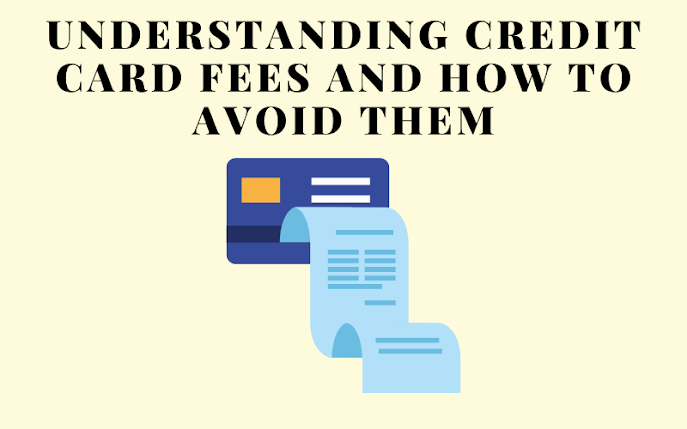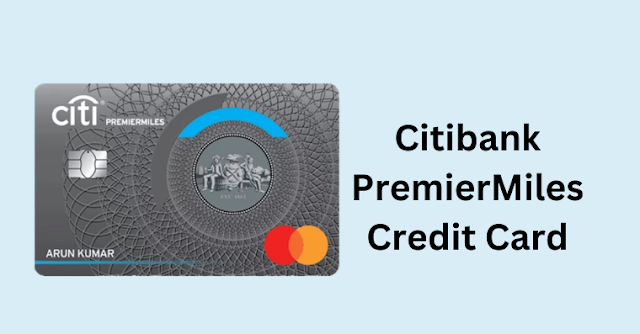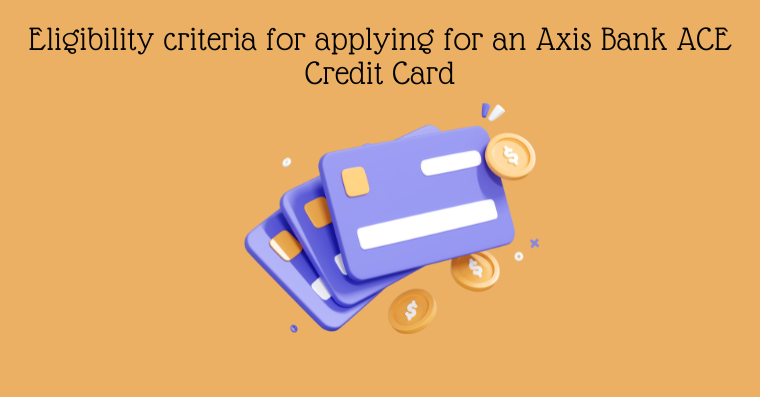An Important Checklist To Add You In Choosing A Credit Card
Introduction
There are various credit card options
available in the market these days. Consider thinking of what and how you’ll
use it, then search around to get the one that best meets your requirements. A
credit card is one of the most valued products since it is known to provide
convenience, perks, and financial support. Selecting the best credit card is
important if you want to get benefits. Here is the list of everything you need
to know before choosing a credit card.
Checklist for best credit cards
Here is a brief explanation of what each of
the items on your credit card checklist means and how it will help you to
choose the best credit card for yourself.
Annual Percentage Rate (APR)
If you don’t pay off the entire amount, you’ll
have to pay an annual percentage rate (APR) or interest rate on the remaining
outstanding balance. If you pay less than the whole debt then interest will be
imposed on the amount left. The following are some important points that you
need to know about the APR:
●
Interest rates are often expressed
as an annual percentage rate or APR.
●
Your credit agreement will provide
information about APR. This will inform you of the interest rate, payment
method, and account addition date.
●
Pay the entire payment by the due
date to avoid paying interest.
Cashback and Rewards
Do you plan to spend a certain amount each
month, and will the benefits be valuable?
Earn points that can be redeemed for cash
back, discounts on flights, or savings on groceries.
You can only get benefits from this if you pay
down your balance each month. If you don’t, the interest will soon be greater
than the advantages of the rewards on offer.
Minimum Repayment
●
If you’re not paying the entire
balance then you need to know the minimum due amount percentage.
●
If you’re not able to pay the
whole amount then you have to pay at least a minimum payment so that you can
avoid the late payment charges.
●
The amount you must pay overall
will rise if you just make the minimum repayment each month as the interest
would still be applicable to the remaining amount.
Annual fees
●
Some credit cards include annual
fees and some of them do not.
●
Fees can be charged annually or
monthly. The advantages associated with the card are covered by these fees,
which may be charged yearly or monthly.
Foreign currency markup
A foreign transaction fee is a sum of money
that credit card providers charge their clients whenever a transaction is
conducted in a foreign currency or maybe passed via any foreign bank. To
process an International transaction, typically, 3% or more, is charged by the
card issuer.
Initial Interest Rate
The starting rate of interest is referred to
as the initial interest rate, often known as the start rate or teaser rate.
They are typically cheaper than the rates offered on traditional, fixed-rate loans.
Thus, it's better to Start off with no interest or a small rate of interest and
gradually raise it over time.
Extra Charges
●
See the credit agreement/most
important terms and conditions for any additional fees.
●
Surpassing credit limit- A fee will be charged
if you surpass your credit limit.
●
Late payment fees- You must make a minimum
payment by the due date to avoid being charged a late payment fee. This can
also result in a worse credit score, a higher interest rate, or the removal of
any initial 0% offers.
●
Withdrawal fees, higher interest
rates, and immediate interest may apply to cash withdrawals.
Conclusion
It’s essential to figure out why you want a
credit card before searching for one that fits your requirements. The
possibilities are numerous, but so are the fees and interest rates, so always
take these factors into account while making your decisions.
Credit cards typically have high borrowing
costs and make it simple to acquire debt, but when used carefully, they can
help you to establish a positive credit history. Also, remember that every
credit card application leaves a record, and making too many can harm your
credit.
.png)



Comments
Post a Comment